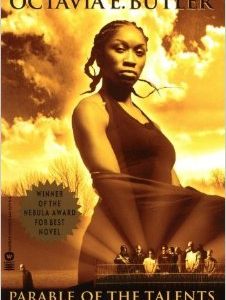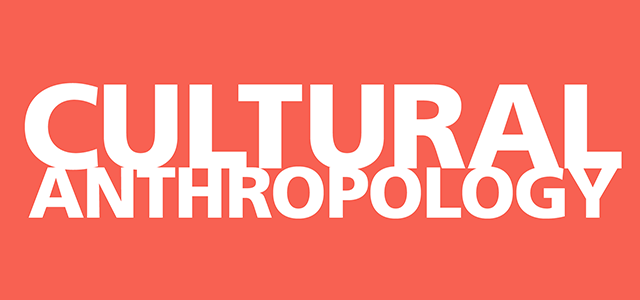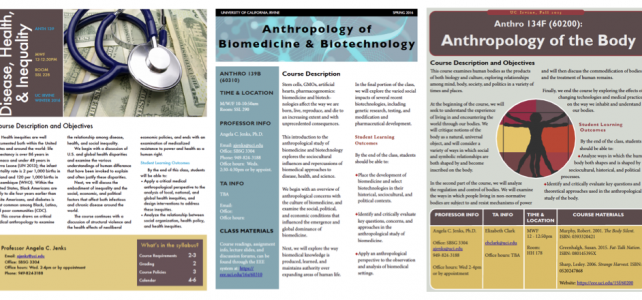I’m honored to receive the Teaching Assistant Professional Development award and to be the Dean’s Honoree for Excellence in Undergraduate Teaching in the School of Social Sciences at UCI’s annual Celebration of Teaching!
Reading Octavia Butler post-election

What are anthropologists reading following the election and inauguration? Cultural Anthropology online has gathered a variety of responses, including my brief commentary on the value of speculative fiction in anthropology classrooms: https://culanth.org/fieldsights/1049-what-are-you-reading-responses-to-the-election-and-inauguration
Reflecting on my time with Cultural Anthropology

I spoke with Michelle Hagman recently to reflect on my experience writing for the Teaching Tools section of Cultural Anthropology: see her post Reflecting on the Scholar-in-Residence Program: An Interview with Angela Jenks.
Leading a discussion section: Suggested activities for effective learning

I recently spoke at a training session for new anthropology teaching assistants (TAs). With courses of over 300 or 400 students, graduate student TAs are essential to teaching and learning here at UCI. But TAs face a number of challenges.
Why don’t students read?

And how can we encourage them to do so? I share some thoughts, assignment suggestions, and resources over at Cultural Anthropology: “Why Don’t Students Read?” Image credit: Langson Library stacks, UC Irvine
Writing a statement of teaching philosophy

For those of you on the job market, I share some tips for developing a statement of teaching philosophy over at Cultural Anthropology: Crafting a Statement of Teaching Philosophy. Image credit: Calb Roenigk, Flickr
Designing a syllabus

“Creating a syllabus does not mean checking off a list of required elements. The syllabus is a genre of writing that requires us to reflect on the purpose of our teaching, our relationships with students, and effective means of communication.”
Humane course policies

How can we maintain the academic integrity of our courses while also being flexible enough to accommodate students’ lives? I share some suggestions on the Cultural Anthropology website: “On the Same Side: Crafting Humane Course Policies“. Image credit: JennyxYoung,
Podcast appearance: Teaching in Higher Ed

Listen to Bonni Stachowiak and I chat about balancing kindness/flexibility with accountability when interacting with students on her excellent Teaching in Higher Ed podcast: Episode 99: Encouraging Accountability.
Backward course design

What does it mean to do “learning-centered” or “backward” course design? I explain over at Cultural Anthropology: “Lessons for Learning Centered Course Design“. Image credit: Flickr, Ethan Trewhitt